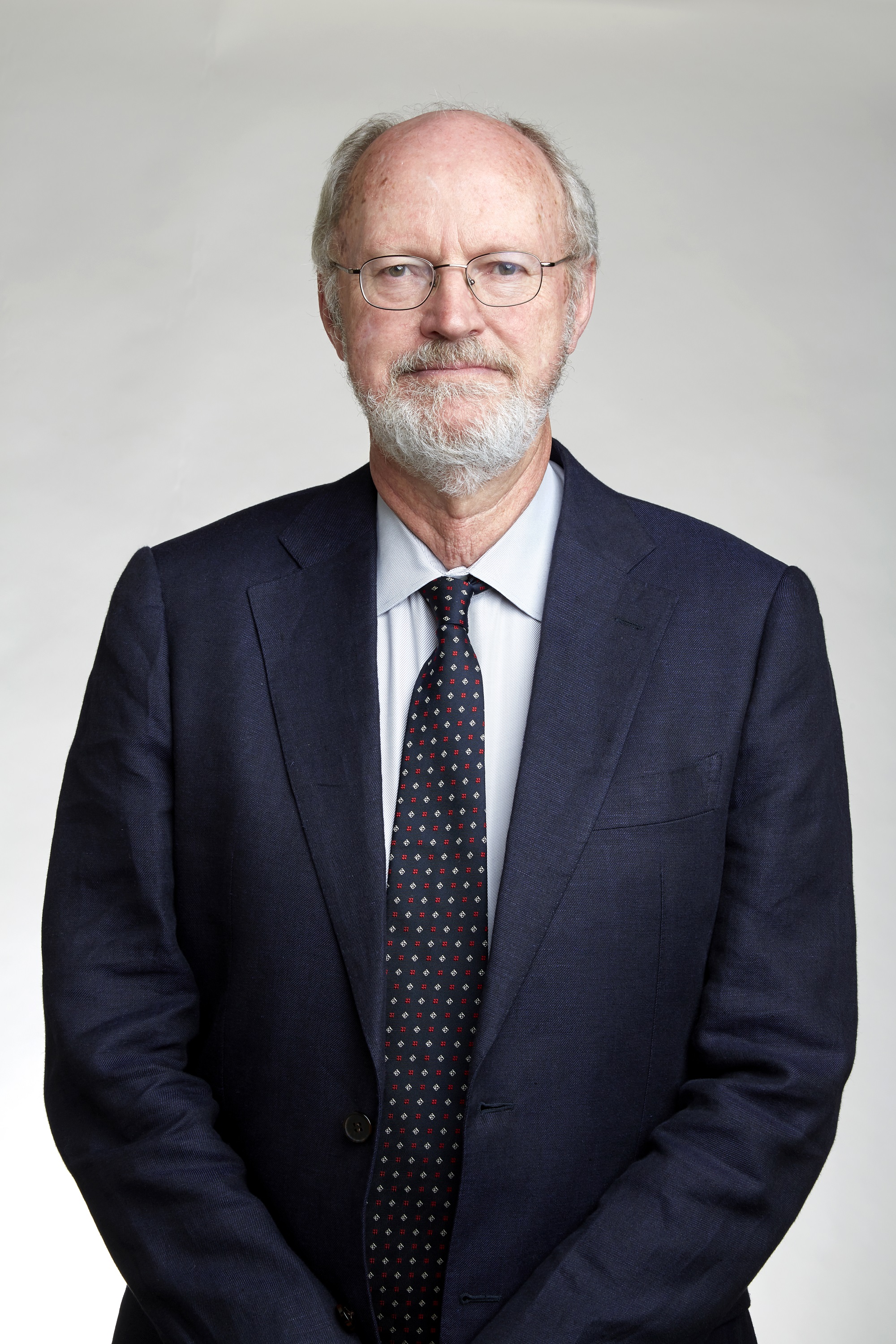Grubbs, Robert Howard (1942-2021), an American chemist, won a share of the 2005 Nobel Prize in chemistry for his work in developing a chemical reaction called metathesis. Grubbs shared the prize with the chemists Yves Chauvin of France and Richard R. Schrock of the United States. 
Metathesis involves organic (carbon-based) compounds. Nearly all organic molecules consist of chains, rings, or more complex frameworks of carbon atoms to which atoms of other elements can be attached. Single, double, or triple chemical bonds connect the atoms in these molecules. Double bonds are much stronger than single bonds, making it difficult for chemists to break double bonds to form new compounds. In metathesis, chemists break double bonds more easily by introducing a catalyst—that is, a substance that starts or speeds up a chemical reaction.
Chemists began performing metathesis in the 1950’s without knowing exactly how the reaction worked. In 1971, Chauvin explained metathesis in detail. Using Chauvin’s description, Schrock announced in 1990 that he had developed a group of extremely efficient catalysts based on the metal molybdenum. These catalysts proved difficult to use, however, because they degraded when exposed to moisture or oxygen.
Building on Schrock’s work, Grubbs announced in 1992 that he had produced new catalysts for metathesis based on the metal ruthenium. These catalysts proved less efficient but more durable than molybdenum-based catalysts. Grubbs’s catalysts enabled manufacturers to make organic compounds, including some plastics and medicines, using fewer harmful and expensive chemicals.
Grubbs was born on Feb. 27, 1942, in Calvert City, Kentucky. He studied chemistry at the University of Florida, receiving a B.S. degree in 1963 and an M.S. degree in 1965. In 1968, he earned his Ph.D. degree in chemistry from Columbia University. From 1968 to 1969, he conducted research at Stanford University. He worked as a professor of chemistry at Michigan State University from 1969 to 1978. In 1978, he became a professor at the California Institute of Technology, where he worked until his death. He died on Dec. 19, 2021, in Duarte, California.
See also Catalysis; Chauvin, Yves; Organic chemistry; Schrock, Richard Royce.
